France has unveiled a $4.3m grant to combat technology-facilitated gender-based violence (TFGBV) against women across Africa and the Middle East.
The multi-million-dollar financial funding being released through the Agence Française de Développement (AFD) will support feminist civil society organisations (CSOs) to fight online gender-based violence such as cyberstalking and image-based exploitation.
By Ropafadzo Mashawi
The initiative, launched under the Support Fund for Feminist Organisations, seeks to finance groups of national, international, and French CSOs over a three-to-four-year period.
The AFD emphasised that these organisations must operate in at least four countries, with three among the most vulnerable, including nations like Zimbabwe, Nigeria, Ethiopia, and Lebanon.
“TFGBV is a digital pandemic affecting millions of women and girls. We need urgent, cross-border solutions that put power back in the hands of women-led organisations,” said the French global aid agency.
Other forms of TFGBV include cyberstalking, sextortion and online harassment. According to the United Nations, 90% of African women internet users have encountered some form of online violence, often deterring their participation in public discourse.
The new AFD funding will focus on capacity-building, policy advocacy, creating safer online spaces, and promoting feminist innovation. Applications are open until August 31, 2025, with a strong emphasis on local leadership.
AFD’s call comes as part of France’s broader feminist foreign policy, which aims to channel 75% of its bilateral aid towards gender equality objectives by the end of 2025.
“Women’s rights cannot be fully realised if digital spaces remain dangerous and hostile,” added the AFD.
Interested CSOs can access the call for proposals on AFD’s website. The selected consortium will design and manage disbursement mechanisms, ensure knowledge exchange across countries, and integrate survivors’ voices into the fight against TFGBV.
France is confident that the new AFD initiative will empower women-led groups in Africa and the Middle East to scale solutions, shape policies, and build safer digital spaces.


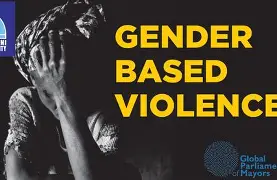
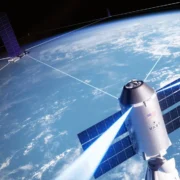
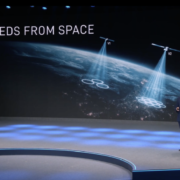

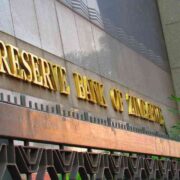

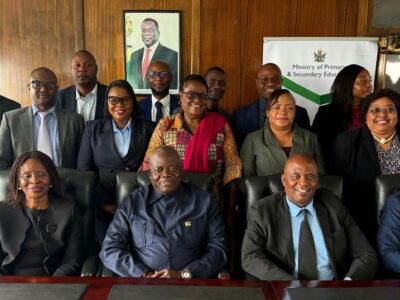
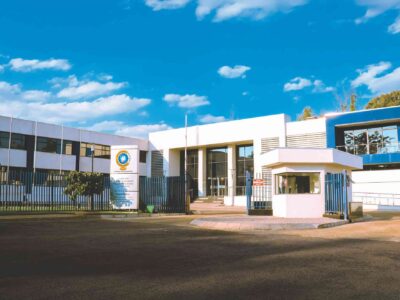




Comments